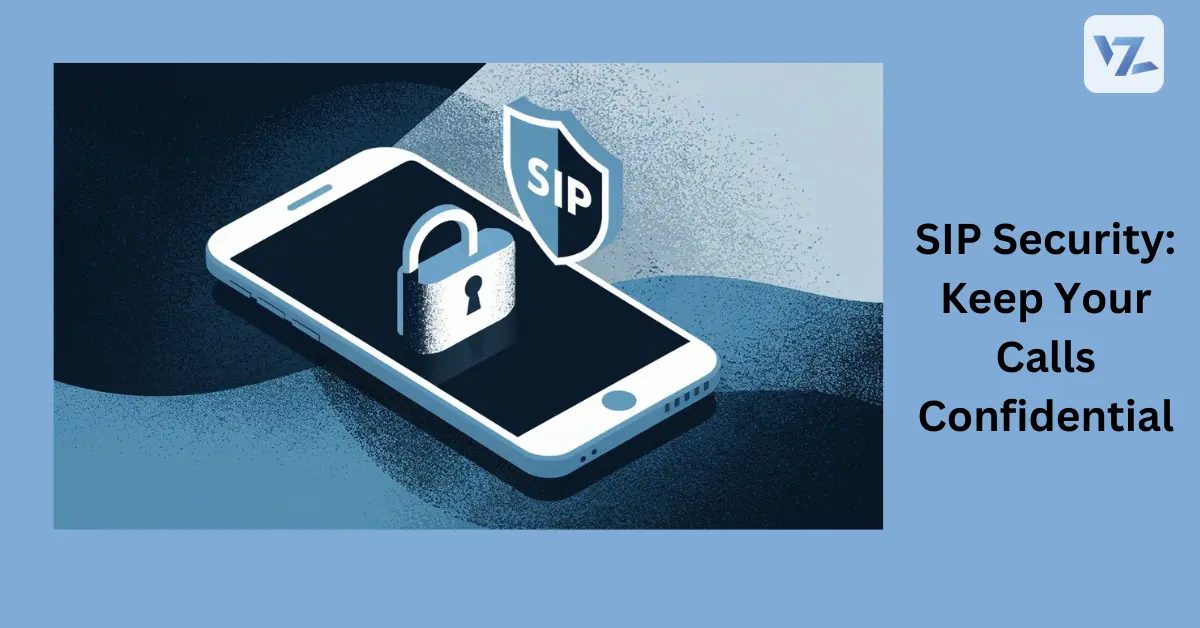A winning team
250+ partnerships for progress.


17/Jul/2024
In today's digital world, communication is vital. But with increased reliance on Voice over Internet Protocol (VoIP) like SIP (Session Initiation Protocol), ensuring call security becomes paramount. Unsecured calls can be vulnerable to eavesdropping, data breaches, and even call hijacking. Here's why SIP security matters and how you can fortify your communication channels.
Why SIP Security Matters:
Eavesdropping: Imagine confidential conversations being intercepted! Without proper encryption, anyone with access to the network can potentially listen in on your calls.
Data Breaches: SIP calls carry sensitive information, like phone numbers and caller IDs. Security vulnerabilities can expose this data, leading to identity theft or targeted attacks.
Call Tampering: Hackers can exploit unsecured calls to inject malicious code or reroute calls for fraudulent purposes.
Building a SIP Security Fortress:
Encryption is Key: Implement robust encryption protocols like SRTP (Secure Real-time Transport Protocol) to scramble call data during transmission. This makes it unreadable for anyone without the decryption key.
Authentication Matters: Verify the identity of all parties involved in a call. This prevents unauthorized access and ensures you're actually talking to who you think you are.
Firewalls and Intrusion Detection: Firewalls act as gatekeepers, filtering incoming and outgoing traffic on your network. Intrusion detection systems monitor for suspicious activity and can alert you to potential security threats.
Keep Up with Updates: Software vulnerabilities are a constant threat. Stay up-to-date with the latest security patches and firmware updates for your SIP infrastructure to minimize potential exploits.
Educate Your Users: Empower your team with basic security awareness. Train them to identify suspicious activity, avoid clicking on unknown links, and be cautious with sharing information during calls.
Beyond the Basics:
Two-Factor Authentication: Enhance login security by requiring an additional verification step beyond just a username and password.
Restrict Access: Limit access to SIP accounts and functionalities only to authorized personnel.
Regular Security Audits: Proactively identify vulnerabilities by conducting regular security assessments of your SIP system.
By prioritizing SIP security, you safeguard your communication channels, protect sensitive data, and foster trust with your clients and colleagues. Remember, a proactive approach is crucial to maintaining a secure environment for your voice communications.